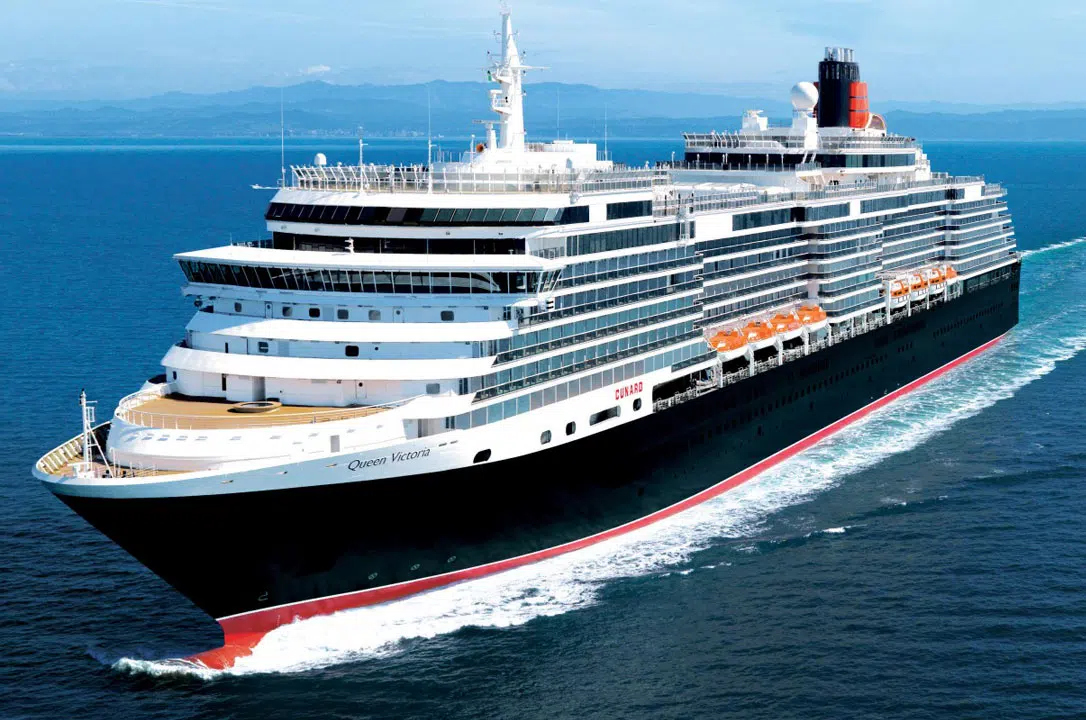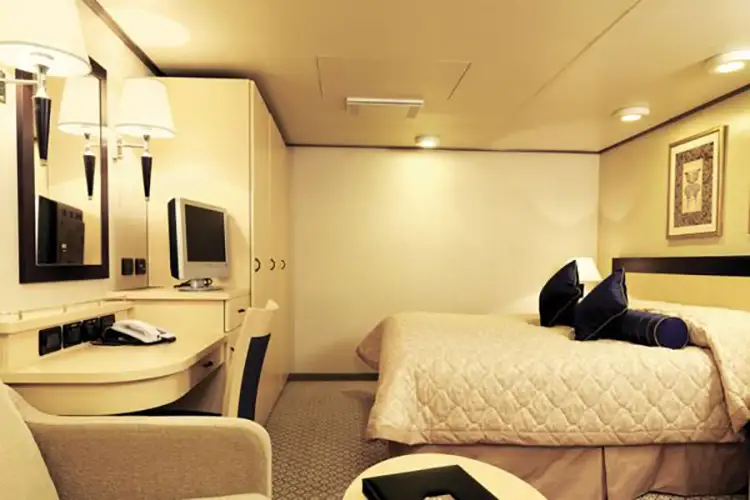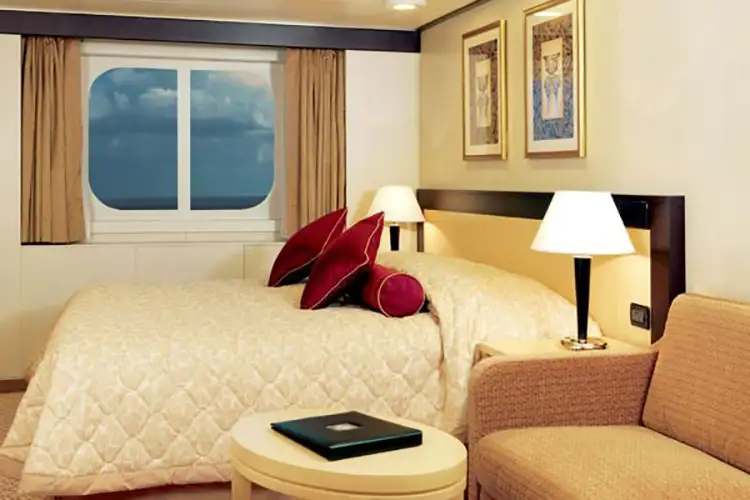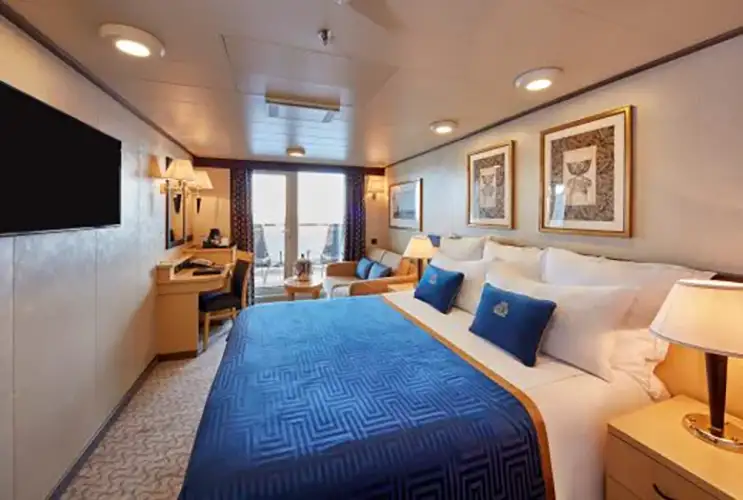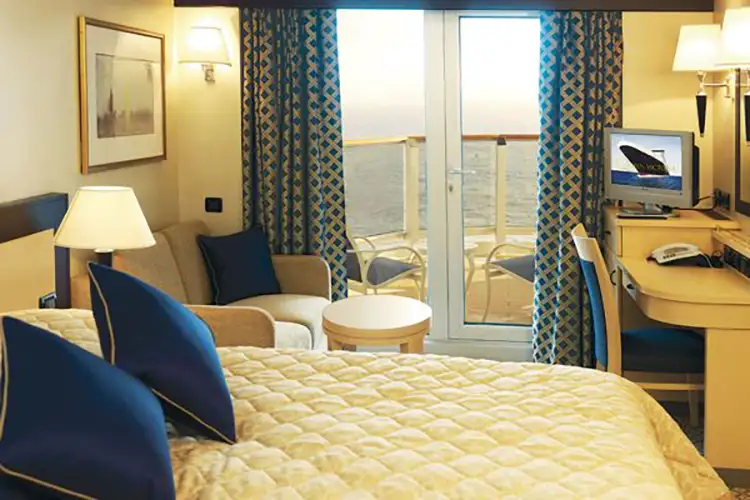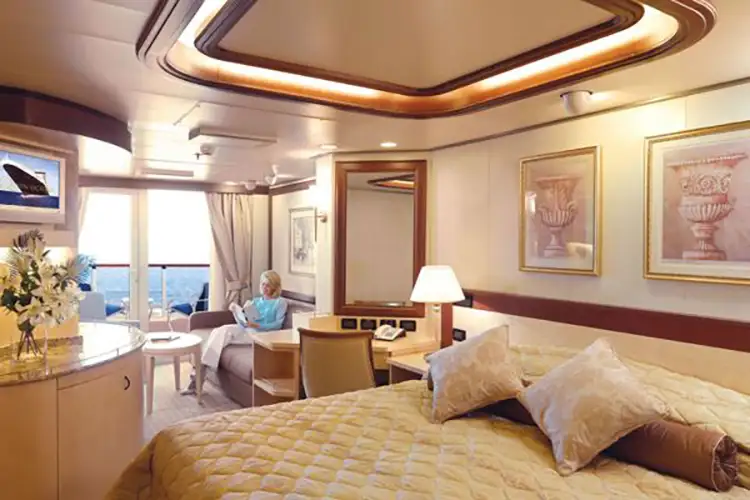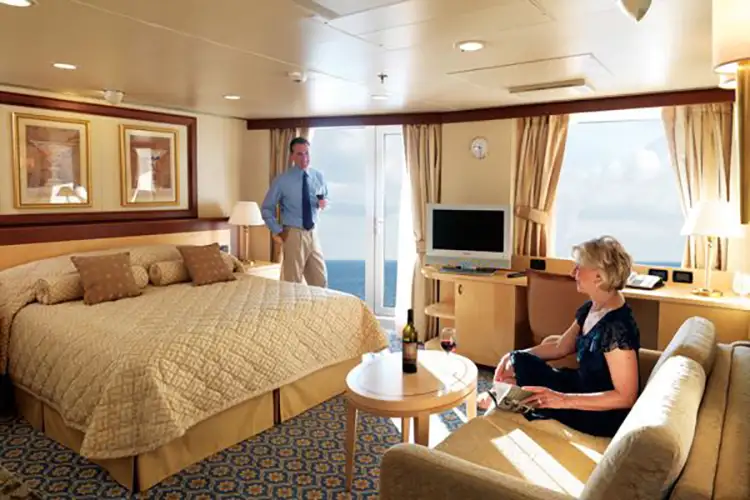Cunard: 7 nights from Civitavecchia with Queen Victoria (1 Jun 2026)
Mediterranean: Italy, Greece, Montenegro, Croatia
Enter the number of occupants and age to view cabin prices
Cruise itinerary
-
Monday, 1 June 2026 - not foundCivitavecchia
-
Tuesday, 2 June 2026 -- --Navigation
-
Wednesday, 3 June 2026 not found - not foundArgostoli
-
Thursday, 4 June 2026 not found - not foundKorfu
-
Friday, 5 June 2026 not found - not foundKotor
-
Saturday, 6 June 2026 not found - not foundSplit
-
Sunday, 7 June 2026 -- --Navigation
-
Monday, 8 June 2026 not foundTrieste
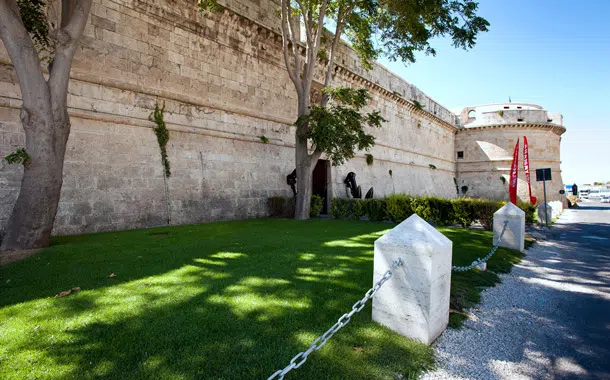
Civitavecchia
The port town of Civitavecchia is about an hour away from the Italian capital and is where ships will dock before bringing lucky holidaymakers into the city of Rome. It is an important port for cruise ships and ferries, connecting to Corsica, Sardinia and Barcelona. Civitavecchia is a town in the heart of Lazio. It is a small, sleepy town that overlooks the sea from behind the busy and chaotic commercial port.
Spreading out along the coast, the town is situated between the Mignon river to the north and the Marangone river to the south.
Civitavecchia is a port town in the heart of Italy, in the province of Rome, 80 kilometres northwest of the capital.
It is shrouded in art and history, and is rich in bays and coves with sandy and rocky beaches. Today the town is the departure point for many cruises and journeys around the Mediterranean. It is an excellent tourist destination where you can simply enjoy 'la dolce vita' or visit the amazing historical monuments. On a level with the majestic ancient capital, in terms of its monuments, gardens, villas and works of art, it also gives you easy access to the Tyrrhenian Sea, the Terme della Ficoncella, and the Etruscan ruins.
Civitavecchia will guarantee you an original and enchanting experience.
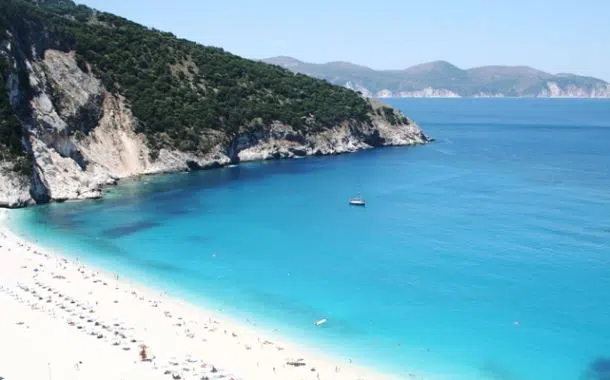
Argostoli
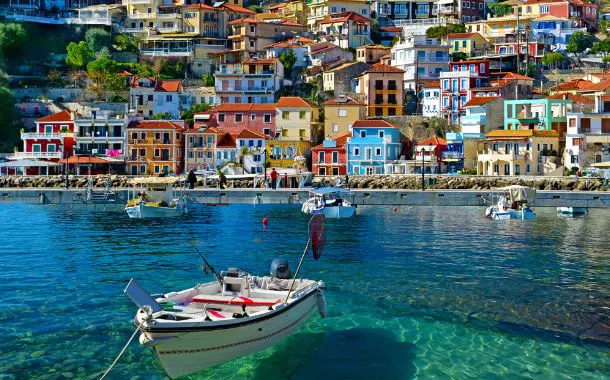
Korfu
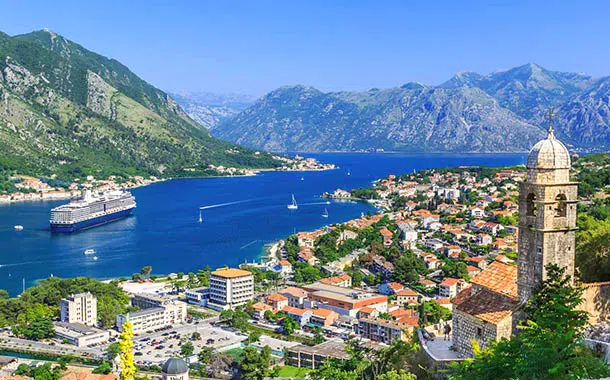
Kotor
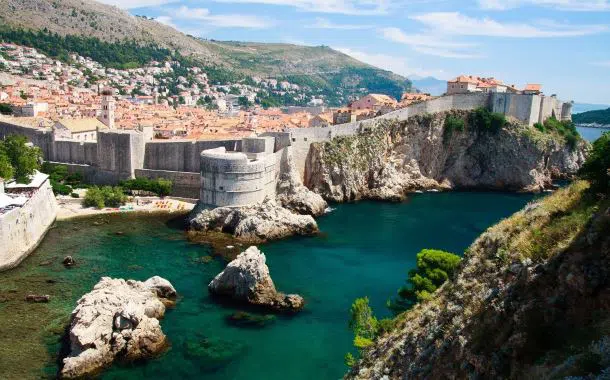
Split
Split (in Croatian Split, in Dalmatian Spalatro, in Ancient Greek Ασπάλαθος Aspálathos) is a city in Croatia, capital of Split-Dalmatian region, the principle center of Dalmatia and, with its population of 178,192 inhabitants (in 2011), is the second largest city of the country. Split is also an university and religious center.
The name of the city derives from the thorny broom, a very common shrub in the region, that in ancient Greek was called Aspálathos (Aσπάλαθος). Under the Roman Empire, the city was called 'Spalatum' and in the Middle Ages 'Spalatro' in the Dalmatian language. In the Slavic language it is called 'Split' while in italian 'Spalato'. In the early XIX century, the name became 'Spljet' and then returned to the form 'Split' again.
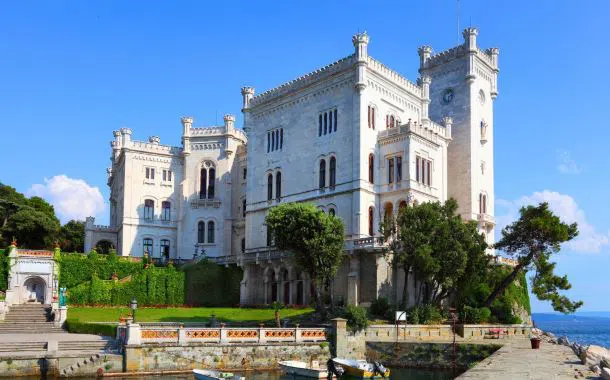
Trieste
Trieste overlooks the Adriatic Sea and it is the starting point of serveral cruise ships. Set sail from Trieste and discover the pearls of the Adriatic, Dubrovink e Kotor, up to reach the enchanting Greek Islands for a unique cruise!
Trieste is a city located in the far end of the Adriatic Sea, in Friuli Venezia Giulia, Trieste is developed on several levels. One of its peculiarities are its wide streets, squares where there are majestic buildings of various architectural styles, they are typical of the Austrian domination era. One feature of the city that is known worldwide is its tourist and commercial port.
The port of Trieste has always been an important commercial centre, for example during the Habsburg Empire it was the main sea outlet for commercial activities.
We suggest you to visit the majestic Piazza dell'Unità d'Italia, that directly overlooks the sea and offers a very suggestive sight. Trieste is a city where the influence of the East is evident both in its traditions and in the local cuisine that has united flavours and various ingredients for unique recipts. The main dishes consist of soups and stews, but also gnocchi and stuffed pasta. If, on the other hand, you want to try a meat dish, don't miss the tasty cevapcici, very spicy meatballs of Balkan origin. While to finish, enjoy a presnitz, a pastry made of puff pastry and dried fruit of Hungarian origin.
If your ship sets sail from Trieste, do not miss the opportunity to visit this city and its most important monuments such as the Molo Audace. From here you can admire the sea before heading towards the Church of Santa Maria Maggiore, built in Baroque style. Not to be missed is the San Giusto Hill and the famous Roman Theatre, which will leave all archaeology lovers speechless.
